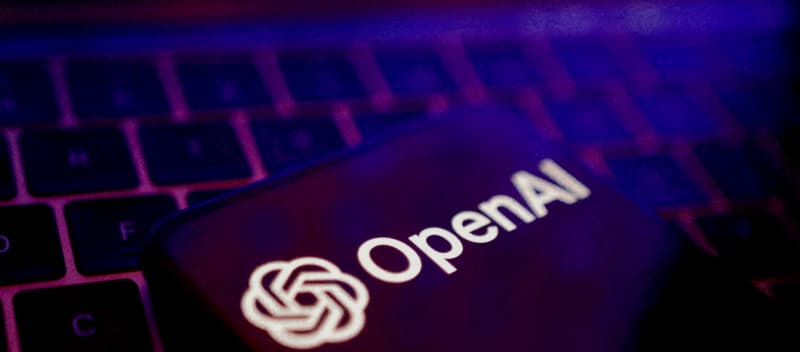
ChatGPT creator unveils Atlas web browser to challenge Google Chrome
The AI chatbot ChatGPT has been integrated into the design of Atlas, not simply added on, according to one of its creators.
The maker of the world's most popular AI chatbot has introduced a new web browser, potentially speeding up changes in how people search for and access information.
OpenAI, the company behind the innovative ChatGPT generative AI chatbot, has launched its new web browser named Atlas. It resembles Google Chrome, the most widely used internet browser, with features like tabs and an "incognito" mode for private browsing.
Atlas is designed to be user-friendly, offering familiar features such as tabs, bookmarks, and password autofill, as stated by its product lead, Adam Fry.
ChatGPT has been seamlessly integrated into Atlas, rather than simply added as an extra feature, as explained by another creator, Ben Goodger. This integration allows ChatGPT to be accessible on every webpage without the need to switch tabs.
Users can search their browsing history through the homepage of Atlas, and their activity on the browser will be personalized to enhance their experience.
OpenAI's Will Ellsworth, the research lead for the AI agent in Atlas, aims for the browser to feel like a natural extension of the user. The AI agent enables users to interact with the browser using natural language commands, such as requesting to reopen previously viewed items.
Atlas is currently available for Apple Mac users worldwide, including those using the free version of ChatGPT. Additional features are accessible for users subscribed to OpenAI's plus and pro packages.
The availability of Atlas for Windows, iOS, and Android devices has not been announced yet. The use of an AI chatbot for internet searches may provide different results compared to traditional search engines, potentially impacting website traffic and altering internet usage habits.
Despite advancements in energy efficiency, AI technology still consumes more power than conventional search methods. OpenAI's browser poses a significant challenge to Google, especially after legal issues regarding Google's search business monopoly.
OpenAI's CEO, Sam Altman, mentioned that there are more developments planned for the project in its early stages. Google has been approached for comment.